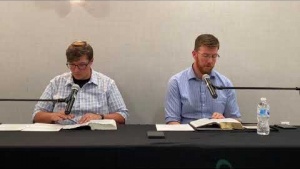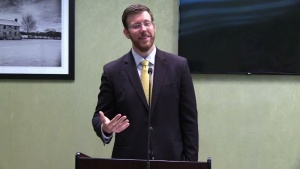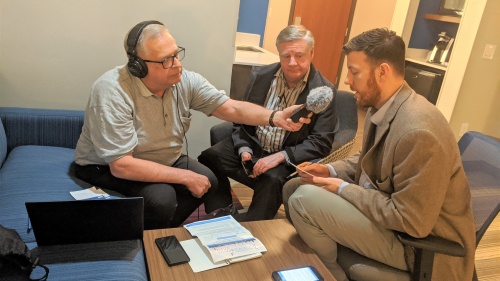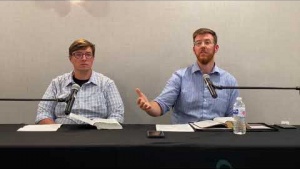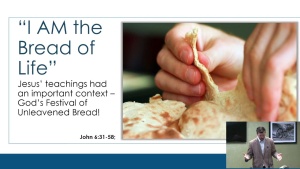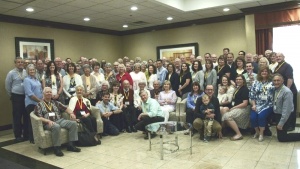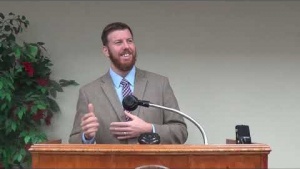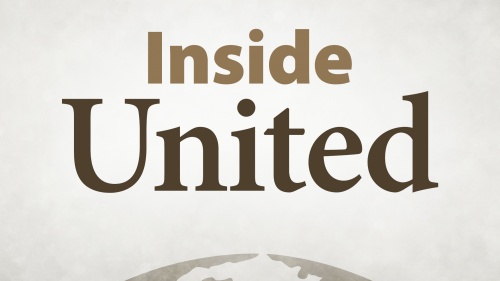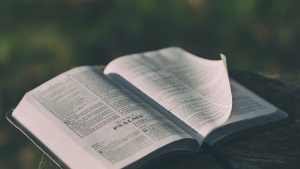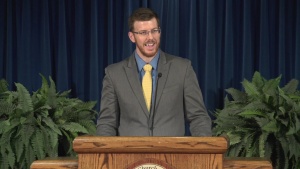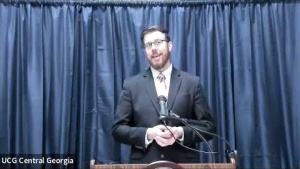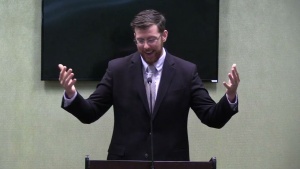United News
Chris Rowland
2020-02-12
Your continued prayers and support are appreciated as these men and their wives transition to their new assignments and strive to serve God and His people.
At the beginning of November, Rob Slocum was hired to pastor the congregation in Seattle, Washington. Mr. Slocum had been serving as an assistant pastor in the Portland, Oregon, congregation with his wife, Tina. We would like to thank John...

